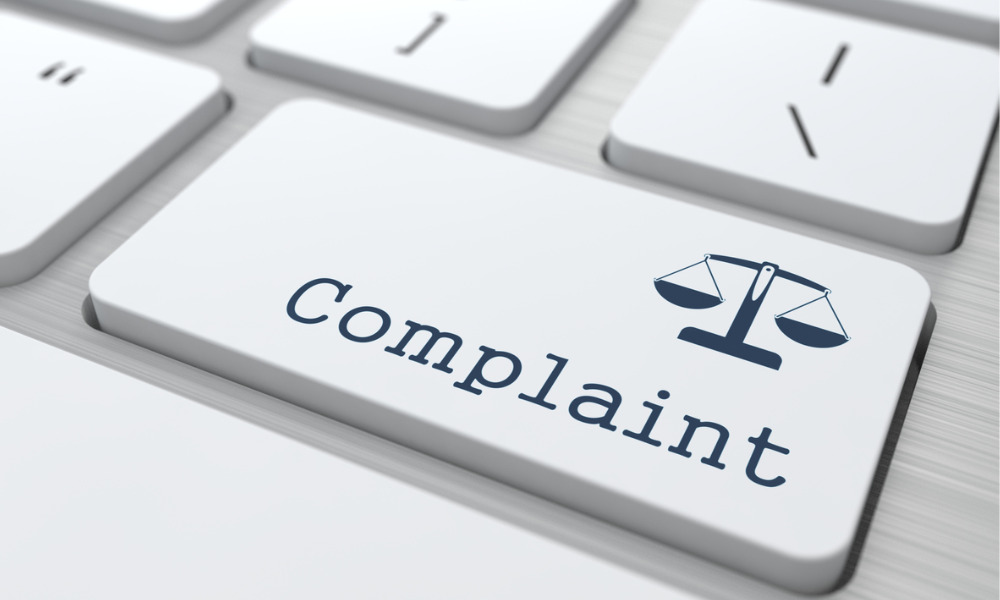
The public should be able to complain to the LSO without risk of retaliatory litigation, panel finds

If a lawyer sues someone who has complained to the Law Society of Ontario, this may erode public confidence in the legal profession, according to a case before the Law Society Tribunal Hearing Division.
It is in the public interest to allow people to file complaints with the LSO without fear of reprisal. Otherwise, this “conduct could create a ‘complaint chill’ if members of the public believed making a complaint could put them at risk of retaliatory litigation,” wrote Jean-Jacques Desgranges for the panel.
In Law Society of Ontario v. Verbeek, 2020 ONLSTH 52, the respondent, who is a lawyer, sought payment from the complainant for drywall work on behalf of his client, a subcontractor. The complainant asked for details about the debt, since he didn’t know the subcontractor’s name. The respondent explained the situation. When the complainant attempted to reach out further via phone calls and messages left at the respondent’s office, the respondent did not reply because his client had told him not to pursue the matter.
The complainant, upon receiving collection agency letters, filed a complaint with the LSO, alleging fraud for what he perceived might be a “sham,” and alleging unprofessionalism for the failure to respond to his attempts to communicate. The LSO warned the respondent to properly communicate with his clients and closed the file.
The respondent then initiated an action against the applicant before the Small Claims Court. The respondent sought damages, alleging that the applicant’s act of filing the complaint with the LSO had caused him time and effort, had hurt his reputation and had amounted to defamation and injurious falsehood. This action was eventually dismissed for delay. The complainant then informed the LSO about the action filed by the respondent.
The Law Society Tribunal Hearing Division found that the respondent had committed professional misconduct under Rule 2.1-1 of the Rules of Professional Conduct, which asks that lawyers practise their profession and perform their responsibilities honourably and with integrity. Comment 2 on Rule 2.1-1 states that a lawyer’s conduct should “reflect favourably on the legal profession, inspire the confidence, respect and trust of clients and of the community, and avoid even the appearance of impropriety.”
Desgranges, writing for the panel, said that the respondent’s act of initiating an action against the complainant because the latter had filed a complaint with the LSO could negatively impact public confidence in the legal profession and could give an appearance of impropriety.
The panel decided that the respondent should be reprimanded and should pay costs to the LSO. In deciding upon this penalty, the LSO took into account mitigating circumstances which showed that the respondent had admitted to and had understood the nature of his misconduct. Namely, the respondent had sent the complainant an apology letter along with a cheque to cover legal costs and had cooperated with the LSO’s procedures in investigating and hearing the matter.